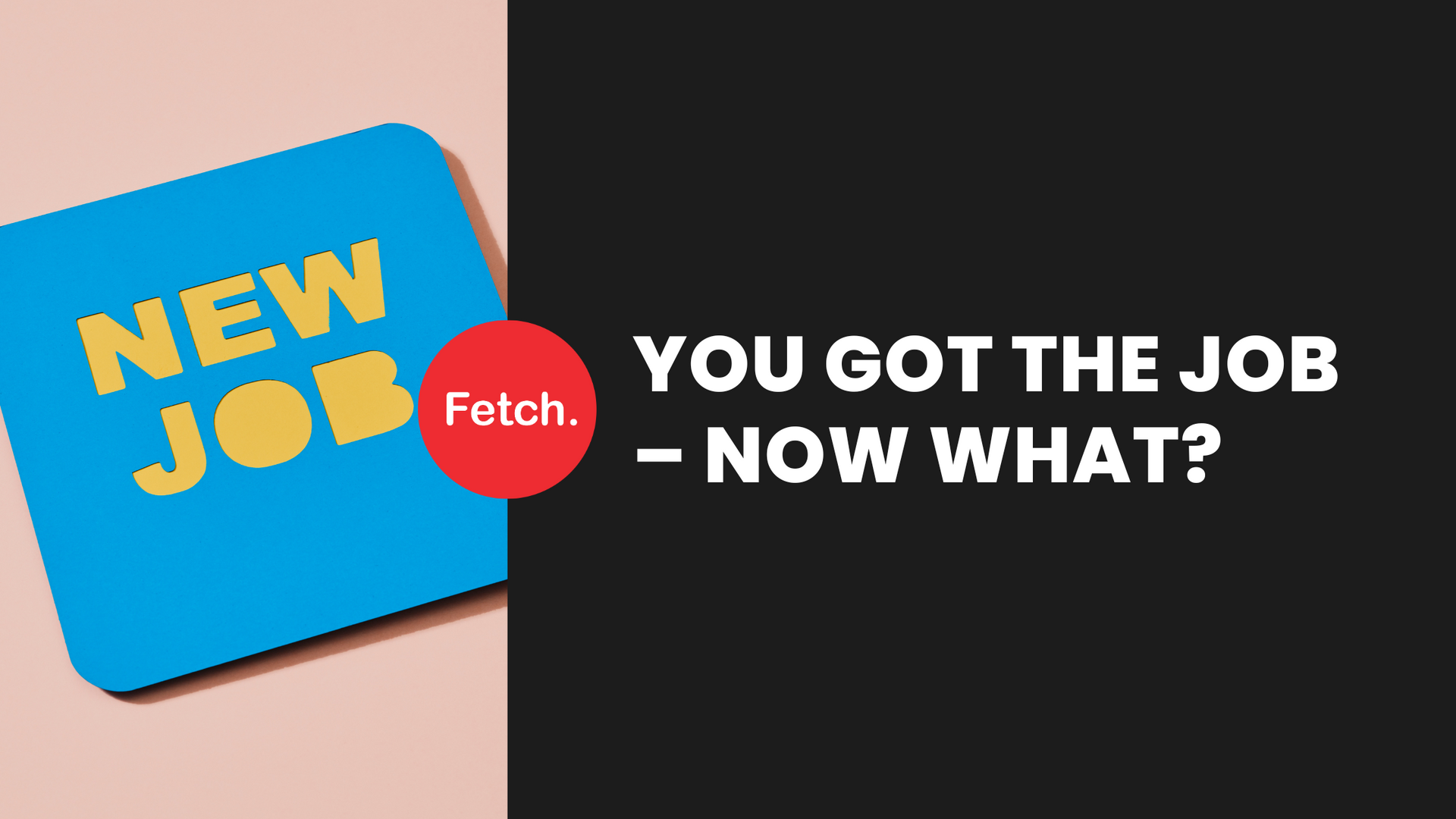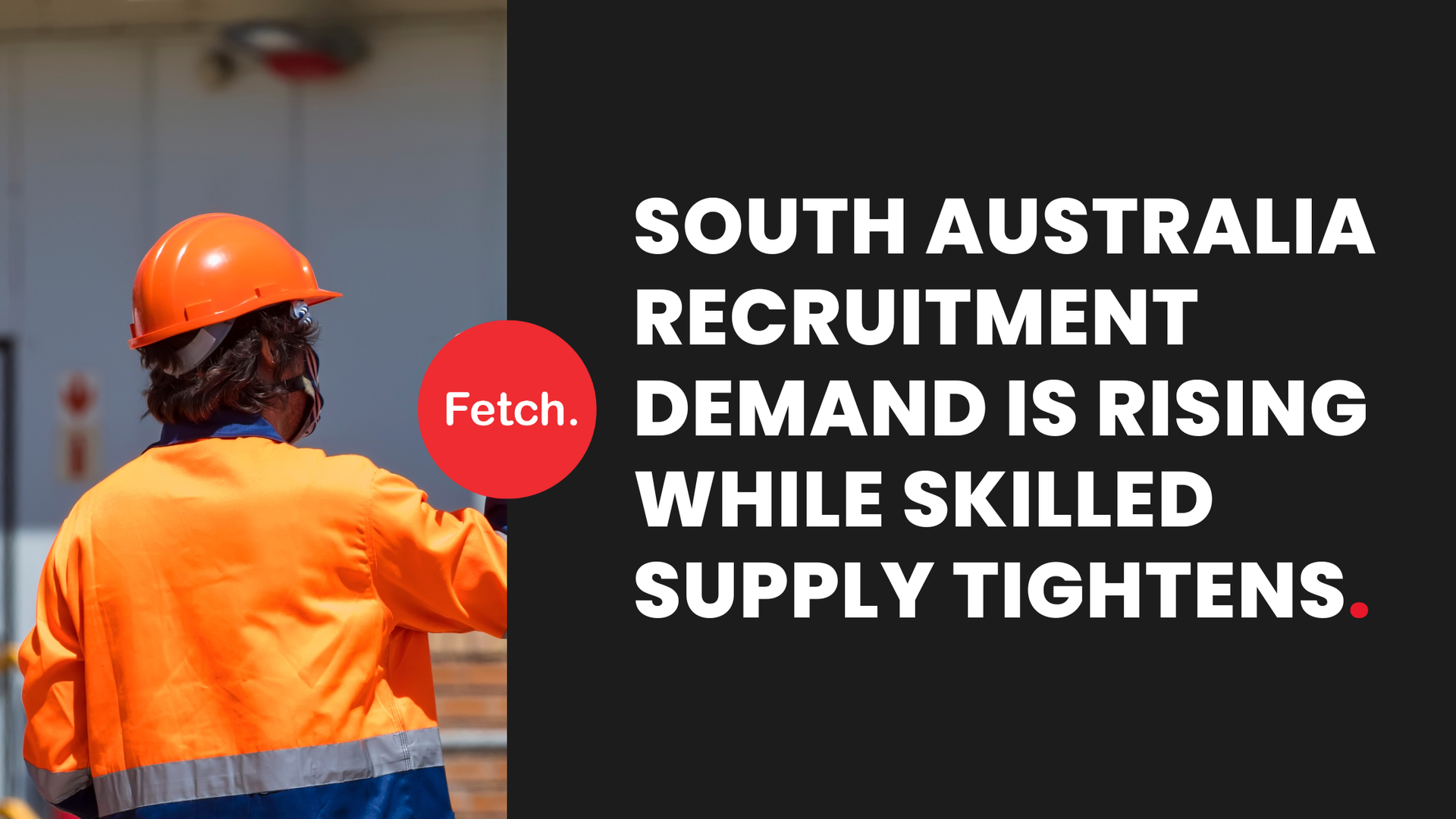
Share This Article
You Got the Job – Now What?
Landing a new job — whether on-site or in the office — is a big milestone. Whether you’re stepping onto a civil project, starting in a factory, or joining a corporate team, those first few days set the tone for your long-term success.
At Fetch Recruitment, we’ve helped thousands of candidates across construction, civil infrastructure, trades & labour, manufacturing, and corporate services take the next step in their careers. But we don’t stop at placement. We’re here to make sure you feel confident from day one on the job.
Here’s how to start strong and set yourself up for success in your new role.
1. First Impressions Matter — On Site and in the Office
You’ve been selected for a reason — but how you show up in your first week can shape how your team sees you. Be early, come prepared, and stay switched on. Whether you're starting as a plant operator, estimator, payroll officer, or site manager — being reliable and professional from the get-go shows you're someone worth investing in.
For trades or construction roles, bring your PPE, check in with the site supervisor, and make sure you understand the site rules. For corporate or manufacturing roles, be on time, ask about team expectations, and be proactive in your communication.
2. Ask Questions — It Shows You’re Invested
It’s okay not to know everything on day one. Whether you’re working in mining, civil, or a business support role, asking smart questions early shows that you’re engaged and committed to doing the job right.
Don’t wait until a mistake happens — clarify what’s expected, ask about systems or site procedures, and double-check safety protocols. Good employers and site managers respect people who are proactive.
3. Learn the Culture — Every Team Is Different
Beyond tasks and tools, every workplace has a unique rhythm. How decisions are made, how people communicate, and how teams collaborate all affect how well you’ll settle in.
Observe how others work and interact — is it fast-paced or more structured? Are people expected to take initiative or stick to their lane? Whether you're on a construction site, in a warehouse, or at a front desk, understanding the culture is just as important as knowing your tasks.
4. Be Open to Feedback
The first few weeks are for learning — and that includes how you respond to feedback. Whether it’s a trades supervisor showing you a better technique or a corporate manager helping you adjust your workflow, staying open to suggestions is key to growth.
Take it professionally, not personally. Every bit of feedback is a chance to improve and show your willingness to learn.
5. Build Relationships — They’re Everything
Success in any job is about more than ticking off tasks. It’s also about building trust. Get to know your teammates, show appreciation, and support others where you can.
Whether you're working alongside other sparkies, civil crews, engineers, or admin teams, strong relationships will make your workday smoother and more enjoyable.
6. Keep in Touch With Your Recruiter
At Fetch, our job doesn’t end when you get the job. We’ll check in with you after your placement to make sure everything’s going well. If something’s not right or you need support, we’re here to help.
We want you to succeed in the long term — and that means ongoing support, not just a quick placement.
7. Back Yourself — You Earned This
Imposter syndrome is normal, especially in a new environment. But remember — you were chosen for a reason. Trust your experience, stay curious, and give yourself time to settle in.
Whether you’re operating machinery, managing a team, or supporting a business function, your contribution matters.
Final Thoughts
Starting a new job in construction, civil infrastructure, trades, manufacturing, mining, or corporate services can feel like a big step, because it is. But with the right mindset and a bit of support, you can hit the ground running and build a career you’re proud of.
At Fetch Recruitment, we’re here to support you before, during, and after placement. Not in a role yet? Reach out to us — we’d love to help you take your next step.


